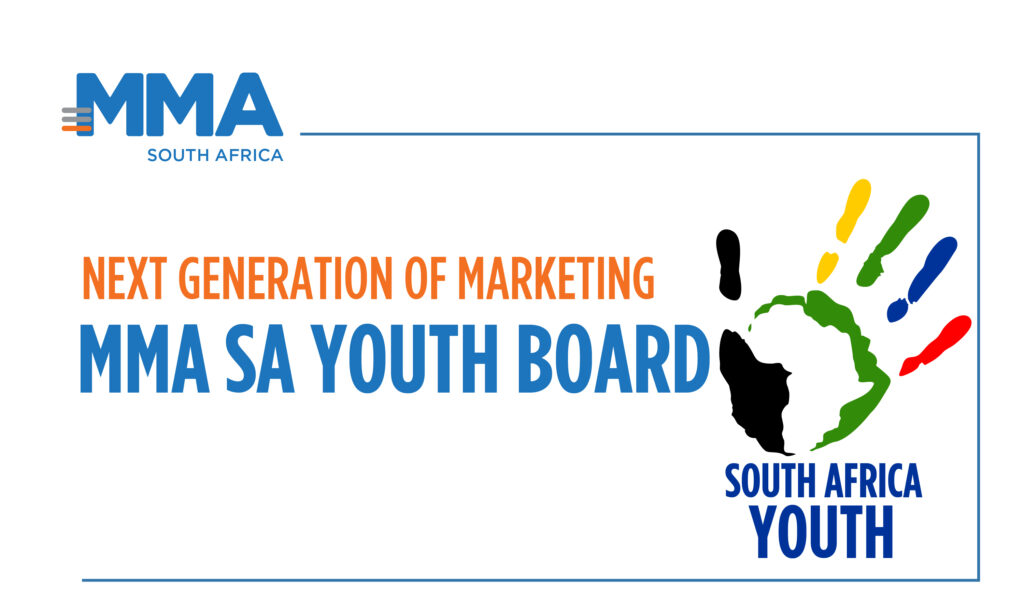 “South Africa’s budding creative industry is brimming with potential and opportunity, but starting a venture in this relatively new and often unpredictable space can be challenging”, says Fiona Peake – national communications manager at Vega, an educational brand of The Independent Institute of Education (The IIE).
“South Africa’s budding creative industry is brimming with potential and opportunity, but starting a venture in this relatively new and often unpredictable space can be challenging”, says Fiona Peake – national communications manager at Vega, an educational brand of The Independent Institute of Education (The IIE).
“South Africa’s creative economy is worth a whopping R90 billion, according to a global study by EY, with businesses in this realm having contributed 3% towards the country’s GDP in 2015 alone. The potential for growth in this sector is huge, and many leaders in the industry and government have noted the pivotal role that arts, culture and heritage will play in driving the country’s economy forward in future.” Says Peak.
As such, emerging creative entrepreneurs need to consider what it takes to start and maintain a profitable business, to avoid the common pitfalls that cause creative start-ups to fail. Here are a few tips to keep in mind if you’re hoping to start a business in South Africa’s challenging and exciting creative industry.
1. Understand your environment
Creativity does not exist in a vacuum, and its success from a business perspective depends on its consideration of the cultural, social and economic environment that it exists in. Whether you’re delving into the demanding world of interior décor or taking the first steps of starting your own fashion business, it’s important to consider these aspects before introducing your venture to world. Remember that every business should present a solution to a problem that people face, and being aware of the social and economic contexts around you, plays a central role in this process.
2. Keep an eye on global trends
Keeping up with the latest local and international trends is vital for a creative business to thrive. Thanks to social platforms, streaming sites and even satellite TV, consumers have access to fashion and design trends around the world, and have come to expect a similar standard of quality from local offerings. With over 26 million internet users in South Africa, businesses simply cannot afford -not, to pay attention to what’s trending around the world, but authenticity is also key. Once again, understanding your environment is vital – make sure you aren’t just copying and pasting international trends without giving some thought to whether these trends are relevant to local audiences.
3. Get acquainted with business principles
A common misconception is that creative skills and business acumen do not go hand in hand. This type of thinking is common among creatives, who tend to believe that the ‘business stuff’ should be left to the professionals. However, building a financially stable business requires that creative entrepreneurs take a hands-on and strategic approach to managing daily operations, book-keeping, and financing. Creative minds can also be advantageous in business, using lateral thinking as a tool to solve some of the more complicated problems involved in running a business.
While not everyone is born with an innate entrepreneurial spirit, business skills can be learned and honed, particularly at the tertiary level. The IIE BA Degree in Interior Design and BA Degree in fashion design available to study at Vega exemplify this concept, prioritising creativity as well as business management to ensure students receive a more well-rounded view of the business of art and design.
4. Teamwork makes the dream work
Collaborating with a diverse group of people, from accountants and business-minded individuals to photographers and graphic artists, is a great way to get the creative juices flowing and produce brilliant ideas. Instead of considering them your ‘competitors’, take a step back and think about the benefits of working with like-minded people who bring different skills to the table. Just as more corporates are recognising the benefits of hiring creative-minded individuals to liven up their offerings and offer more innovative solutions to problems, a fashion or interior design business, for example, could benefit from having more analytical ‘left-brain’ thinkers who can offer insight into other aspects of the business.
“With South Africa’s art, design and fashion scenes growing at such a rapid pace, there needs to be more focus on ensuring the next generation of creative entrepreneurs have the necessary range of skills to establish sustainable businesses,” says Maretha Oliver, National Programme Navigator of Interior Design at Vega.
“The BA Degree in Interior Design was created specifically to meet the requirements of the challenging and expanding fields of corporate, retail, hospitality, exhibition and residential design, along with the BA Honours in Interior Design, which builds on this to expand and deepen students’ research skills, design knowledge and design ability to prepare them for the professional world,” says Oliver.
Students interested in starting their own fashion business can also study a IIE BA Degree in Fashion Design – which offers valuable insight into the design process and fashion retail skills, with fashion entrepreneurship being a key focus.
“With the growth of creative industries in South Africa and the positive role these play in driving the economy forward, learning needs to be more holistic,” says Terese Potgieter, National Programme Navigator of Fashion Design for Vega. “It’s not enough for fashion students to just be taught how to sew an item of clothing – they need to understand how their decisions will impact a business, and what effect these decisions have based on the socio-economic conditions around them.”
Would you like to become South Africa’s next big creative entrepreneur? Visit www.vegaschool.com for a look at some of the many IIE qualifications available to study at Vega. Enjoy the advantages of a unique approach to higher education at Vega, balancing creativity with strategic thinking and problem-solving skills.

- MRF Unveils Latest MAPS® Data - 20th February 2025
- The BRC announces changes to the board and updates for 2025 - 17th December 2024
- Top 50 DSTV TV programmes – October 2024 - 12th November 2024





